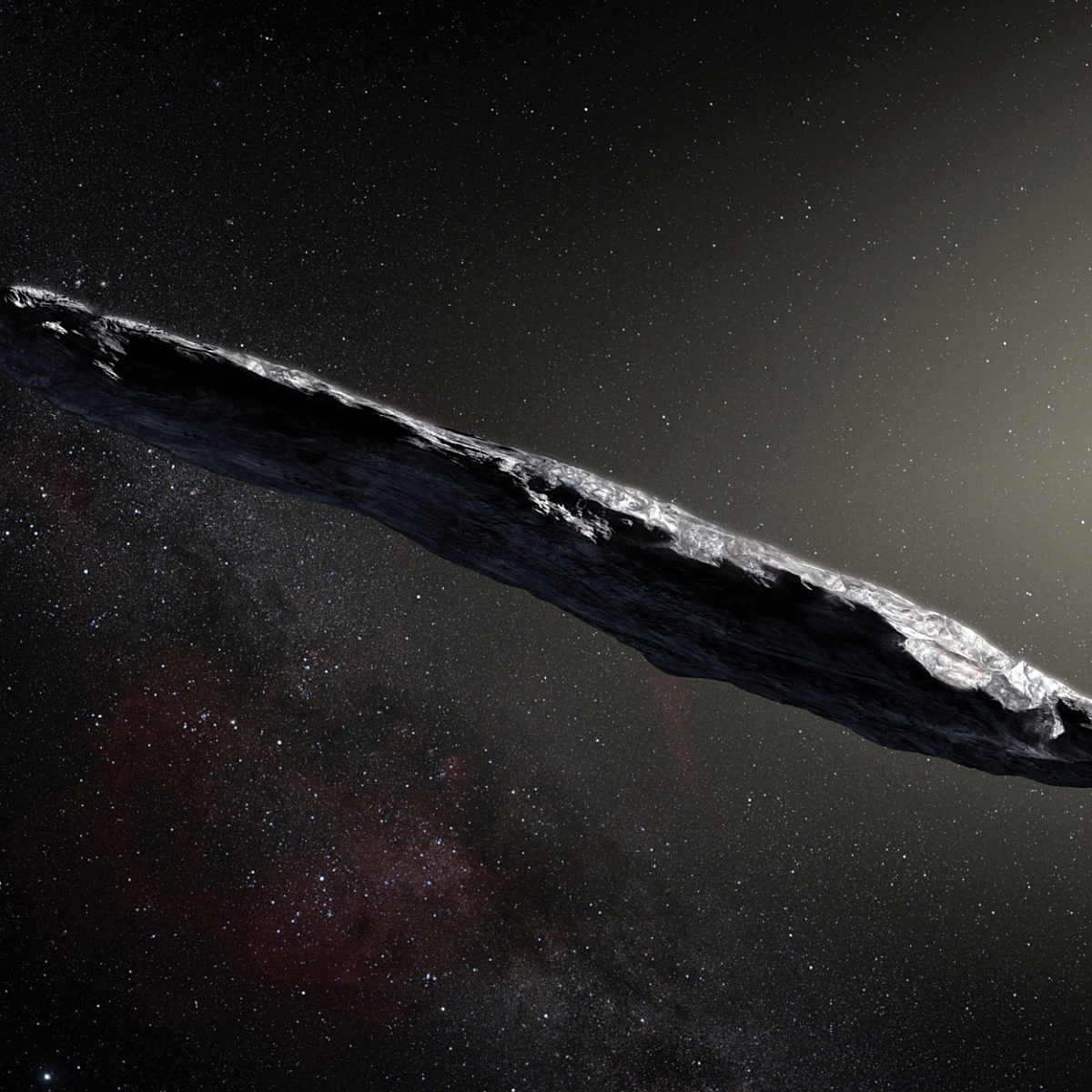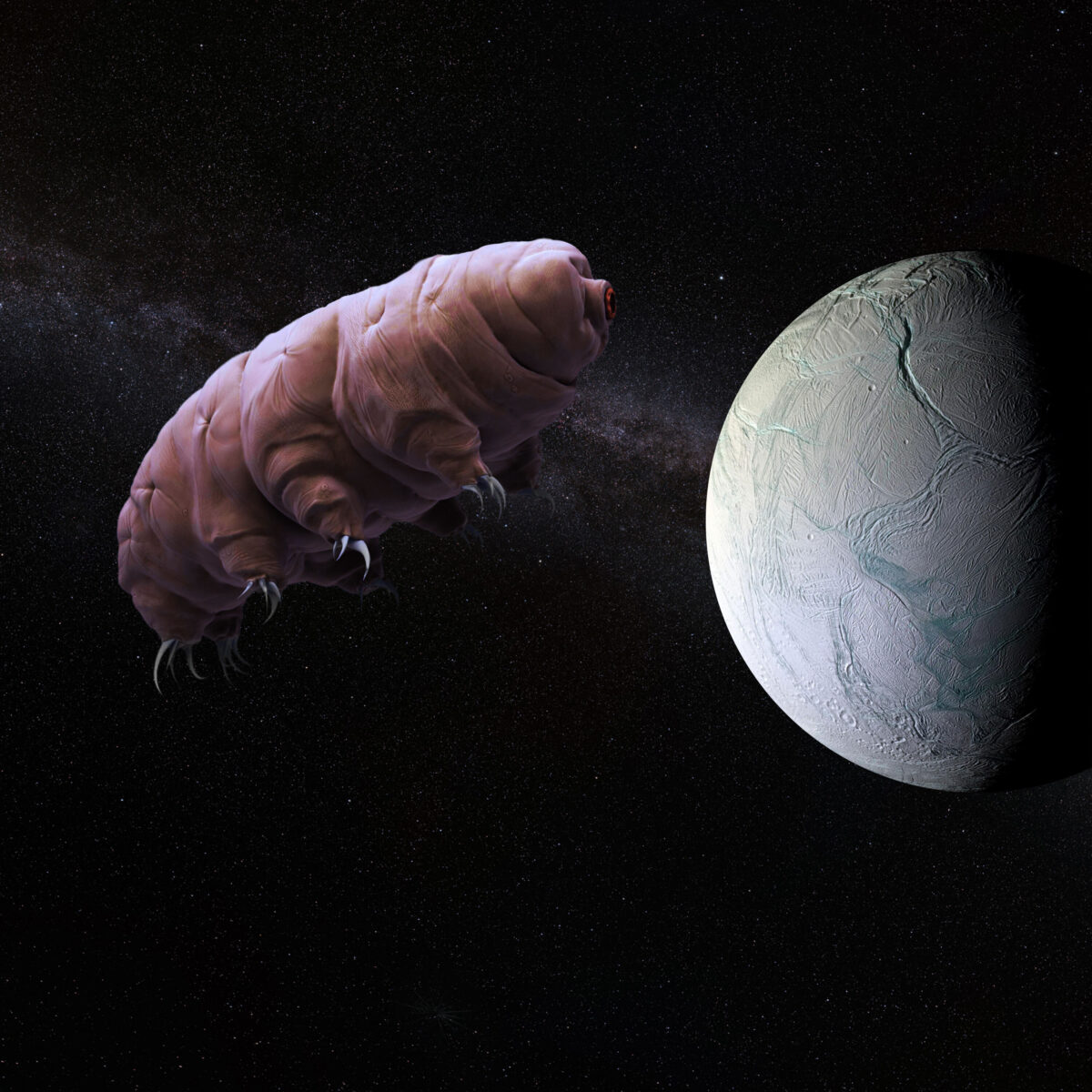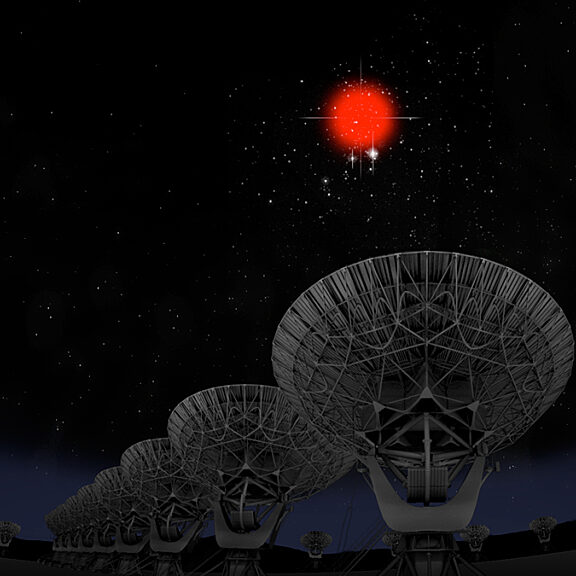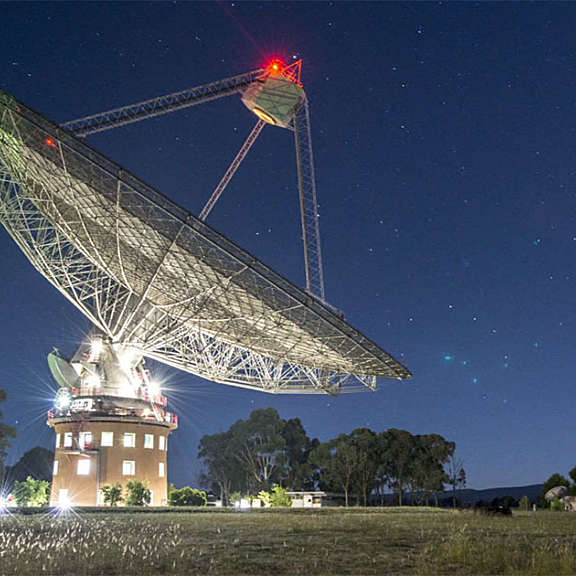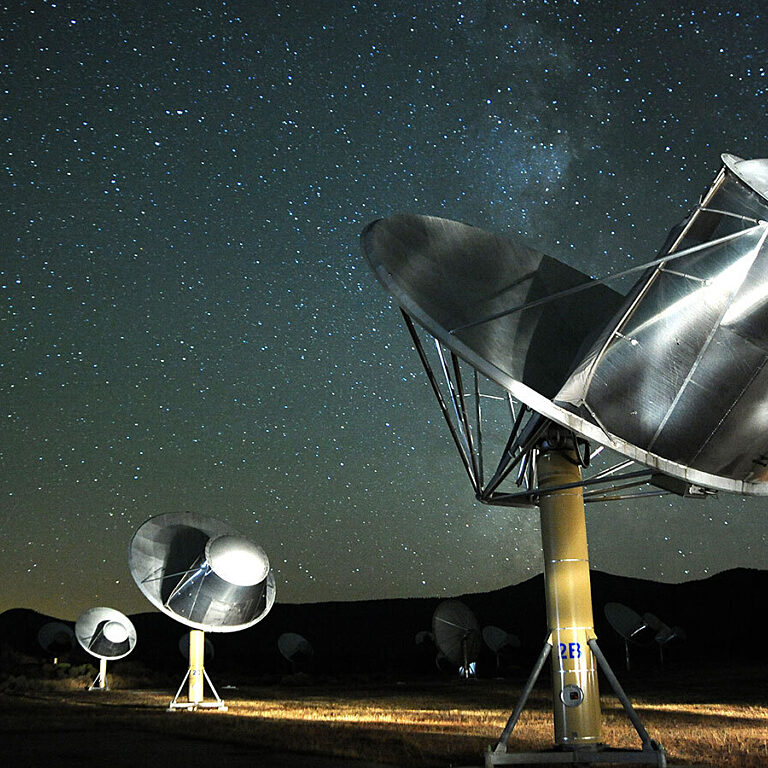All
All
Stories, updates, insights, and original analysis from The Planetary Society.
Extraterrestrial artifacts
Could the Solar System host traces of other intelligent life?
How do humans try to communicate with aliens?
SETI is the search for extraterrestrial intelligence, using various techniques to look for signals from advanced alien civilizations. METI (messaging extraterrestrial intelligence) is when we send out our own signals for aliens to find.
The scientific truth is out there
The real science of aliens, the policy implications of ET, and new views of worlds beyond our own.
Are aliens real?
An exploration of whether aliens are out there, what kind of extraterrestrial life is most likely to exist, and how we're looking for it.
What the search for aliens can learn from life on Earth
When searching for extraterrestrial life, we have to base our hunt on what we know about life on our own planet. This may seem limiting, but there's a lot we can learn from the astonishingly diverse lifeforms we have here on Earth.
Weaving together a picture of the Cosmos
When we combine data sources, collaborate with each other, and invite artistic perspectives, we can better understand the Universe we live in.
The Space Advocate Newsletter, October 2022
Will a SETI signal unite or divide us?
Beyond the far side
Explore the two-faced Moon and meet two new projects paving the way for the future of space science.
Announcing the First-Ever STEP Grant Winners: Citizen Science SETI and Determining Asteroid Properties
The new STEP Grants program is designed to regularly compete a significant portion of The Planetary Society’s science and technology portfolio.
Looking forward to looking into deep space
The newest issue of The Planetary Report takes a look at the James Webb Space Telescope and what it will teach us about the cosmos.
The Fermi paradox and Drake equation: Where are all the aliens?
Theoretical work in SETI, the search for extraterrestrial intelligence, is dominated by two key concepts: the Fermi paradox and the Drake equation.
Planetary Society Reacts to Loss of Arecibo Observatory Radio Telescope
Arecibo helped us explore the cosmos and our solar system, search for life, and defend Earth from potentially dangerous asteroids.
This Thanksgiving, avoid the politics and talk space instead
If you're expecting to gather with extended family on Thanksgiving, avoid the politics. Here are some conversation starters to use at the dinner table that everyone can engage in.
The search for extraterrestrial intelligence is getting a signal boost
It's all thanks to renewed interest from NASA and a private effort to scan the skies using an array of 64 radio telescopes.
Is There Anybody out There?
The Planetary Society has supported SETI, the search for extraterrestrial intelligence, practically since our founding in 1980. Learn the past, present, and future of SETI.
Doing SETI Better by Understanding Ourselves
One of the reasons SETI is hard is that we don’t know exactly what we are looking for, and part of that difficulty is that we still aren’t sure of who we are. An astronomer and an anthropologist team up to explore how cultural myopia shape what we can find in the cosmos.
Let’s be careful about this “SETI” signal
Several readers have contacted me recently about reports that a group of international astronomers have detected a strong signal coming from a distant star that could be a sign of a high-technology civilization. Here’s my reaction: it’s interesting, but it’s definitely not the sign of an alien civilization—at least not yet.
Back on the Rails with OSETI
The Planetary Society sponsored all-sky optical SETI search at Harvard University went off the rails, telescope roof rails that is, but it is back on track and hunting the sky for ET.
Cosmos with Cosmos Episode 12: Encyclopedia Galactica
Cosmos returns in fine form in its penultimate episode. Sagan explores the historical and scientific precedents for the search for extraterrestrial life (SETI) and our human desires to not be alone in the universe.
Planetary Radio: Looking for Intelligence in a Flash
An update on the Planetary Society's improved Optical SETI search, with Harvard's Paul Horowitz and Curtis Mead.


 Explore Worlds
Explore Worlds Find Life
Find Life Defend Earth
Defend Earth


 Sun
Sun Mercury
Mercury Venus
Venus Earth
Earth Mars
Mars Jupiter
Jupiter Saturn
Saturn Uranus
Uranus Neptune
Neptune Small Bodies
Small Bodies